Yes, there is such a thing as too much coffee
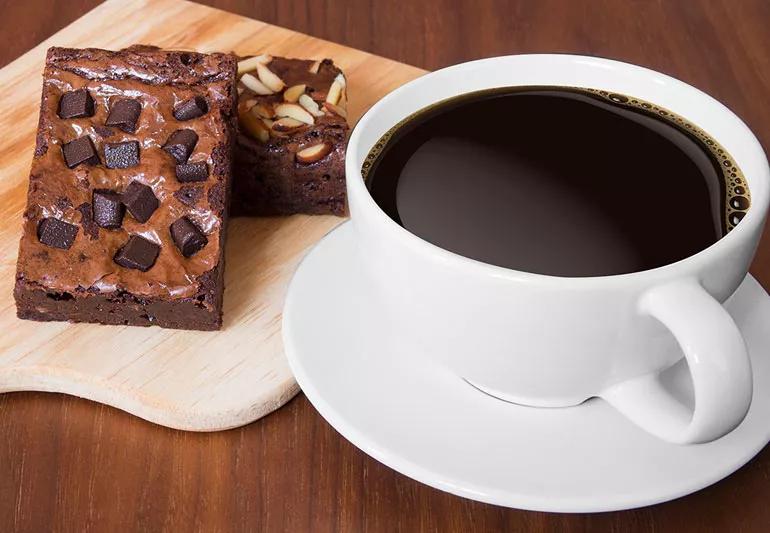
Whether you’re dragging yourself out of bed on a dreary morning or trying to survive the world’s longest staff meeting, caffeine seems to be a good answer. But is your reliance on caffeine helpful or harmful?
Cleveland Clinic is a non-profit academic medical center. Advertising on our site helps support our mission. We do not endorse non-Cleveland Clinic products or services. Policy
True, it can increase your energy and help you power through your day, but you can overdo it, says registered dietitian Beth Czerwony, RD.
“Caffeine is a stimulant, and it affects your body in several ways,” Czerwony says. “How much caffeine is too much? You have to weigh the risks and benefits.”
That depends on who you are. Caffeine isn’t safe for everyone. Some people should avoid caffeine, including:
If you’re otherwise healthy, caffeine is safe in moderation. Here are the boundaries.
Of course, caffeine isn’t all terrible. As a stimulant, caffeine can boost your energy, improve physical and mental performance and even help you burn fat.
But more isn’t always better. Over-caffeinating can lead to side effects that can be unpleasant and even unsafe, including:
If you had a rough night’s sleep, you might reach for coffee to help get through the next day. Trouble is, too much of it can keep you up the following night. “It becomes a vicious cycle,” Czerwony says.
To avoid disrupting your precious slumber, skip caffeine in the afternoon and evening.
“Caffeine excites your central nervous system,” Czerwony explains. “That can result in feeling anxious, jittery and irritable.”
Cutting back on caffeine can help keep those side effects in check. But if you have been diagnosed with an anxiety disorder, you might want to avoid caffeine altogether.
Lots of people experience heart palpitations along with anxiety. Caffeine can make both worse.
Heart palpitations can make you feel like your heart is racing, fluttering or skipping a beat. Though they aren’t usually dangerous, they can be alarming — a good reason to skip that double espresso.
Caffeine has a diuretic effect — aka, it makes you pee. Plus, if you’re sipping coffee all day, you’re probably not drinking enough water. To avoid becoming dehydrated, make sure to drink plenty of water along with any caffeinated beverages.
Some research shows that caffeine can cause mild increases in heart rate and blood pressure. In people who already have high blood pressure or other heart problems, that increase could spell trouble.
“Caffeine can aggravate the production of stomach acid,” Czerwony says. The result: uncomfortable heartburn symptoms.
Acids in coffee can add to the problem, but coffee isn’t the only culprit. Caffeine in soda and other sources can also trigger acid reflux. “Too much caffeine can cause stomach issues,” she adds.
Very high levels of caffeine can be dangerous. That’s one reason Czerwony recommends steering clear of energy drinks and energy shots, which can contain much more caffeine than a strong cup of coffee.
Weight loss supplements can also contain caffeine, and an overdose could cause serious — and potentially deadly — heart rhythm problems.
If you’re used to guzzling a lot of caffeine, your body can go through withdrawal when you stop. Skip your usual pot of coffee and you’ll probably be rewarded with a splitting headache.
Caffeine users can also experience rebound fatigue. Caffeine helps you feel awake in the short term. When it wears off, though, you might be hit with a wave of tiredness that’s even worse than you felt pre-coffee.
Some people are more sensitive to caffeine than others. If you’re swallowing less than 400 mg per day and aren’t bothered by side effects, you may not need to give up your morning latte or your afternoon soda fix.
But what if you wish your cold brew habit had less control over you? Step one is to recognize how much caffeine you’re consuming. The stimulant is found in many food and non-food sources, including:
Once you know where your caffeine is coming from, make a plan to cut back, Czerwony says. To avoid a headache or other withdrawal symptoms, cut caffeine down gradually over several weeks. Czerwony recommends swapping your usual coffee for half decaf. Or try replacing every other can of soda with fizzy water or herbal tea.
With some trial and error, you’ll find a balance that leaves you alert and energized, but without the unpleasant side effects. “There are benefits to caffeine, but it can really get away from you,” Czerwony says. “Too much of a good thing is still too much.”
Learn more about our editorial process.
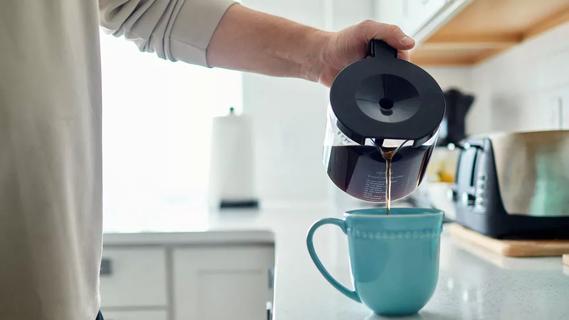
It’s all about the amount — try to stick to 100 to 150 milligrams a day to reduce and prevent a pounding, throbbing head
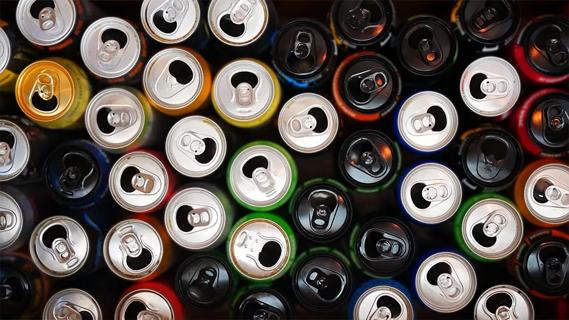
Regularly drinking these sugar-fueled, stimulant-laden beverages can increase your risk of adverse health effects
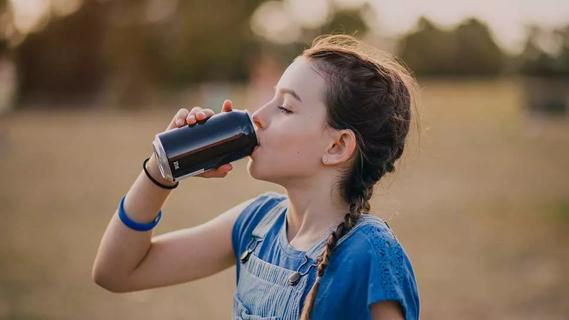
No amount of caffeine is safe for kids under 12, and kids 12 to 17 should be cautious about how much they consume

Depending on your sensitivity to caffeine, a late-night cup may be just fine
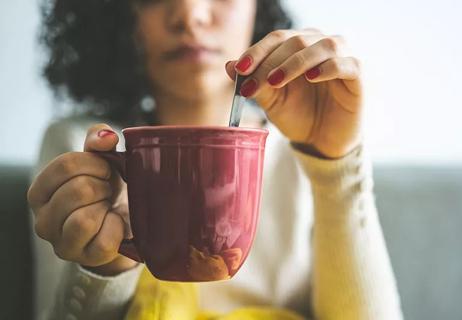
Don’t make the mistake of stopping cold turkey

A little can help, too much can hurt
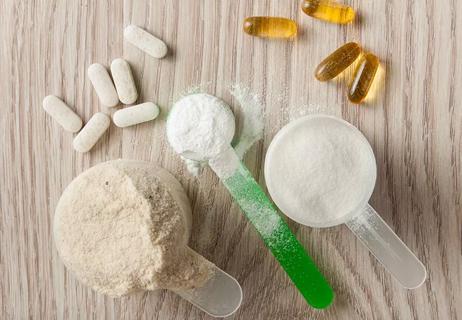
These caffeine-packed supplements can give your workouts a boost
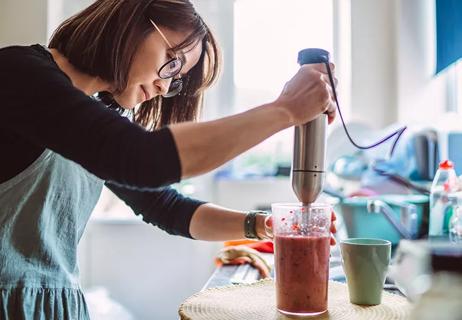
You don’t need coffee or caffeine to get by

Your metabolism may torch 1,300 to 2,000 calories daily with no activity

A gentle touch in all the right places may help drain your sinuses